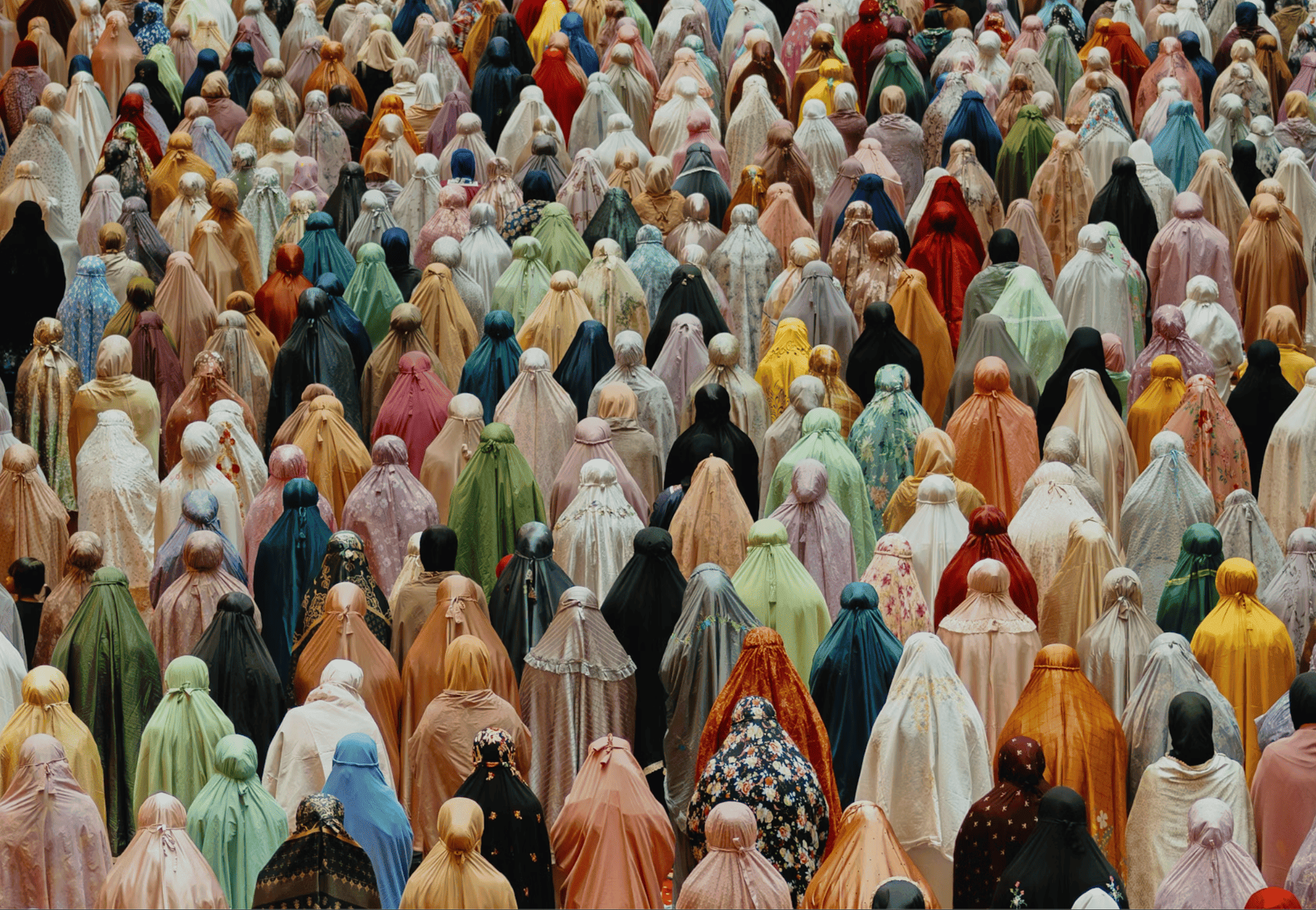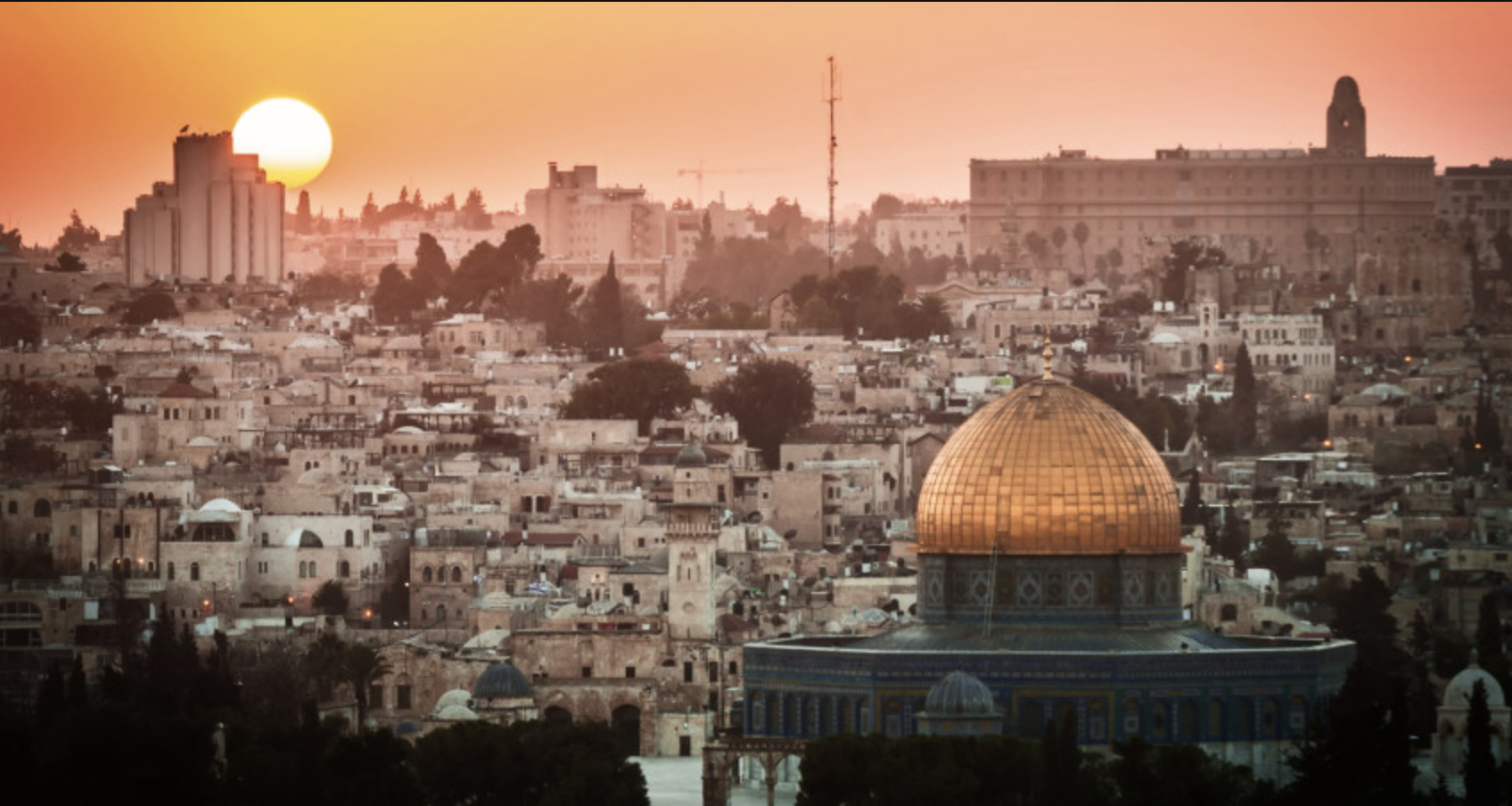The Messenger of Allah ﷺ said, "The people of Yemen have come to you. They are weaker in heart and softer in understanding. Faith is Yemeni and wisdom is Yemeni". [Tirmidhi]
When the ayah, 'When the victory of Allah has come and the conquest.' (Surah an-Nasr) was revealed, the Messenger ﷺ said, “The people of Yemen have come to you; they are the most tender-hearted. al-Iman (faith) is Yemeni, al-Fiqh (jurisprudence) is Yemeni, and al-Hikmah (wisdom) is Yemeni.” [Ahmad]
In another narration, the Prophet ﷺ said, "The best of men are the men of Yemen, belief is Yemeni and I am Yemeni…" [Ahmad]
The Prophet ﷺ said, "O Allah! Bestow Your blessings on our Sham! O Allah! Bestow Your blessings on our Yemen." [Bukhari]
Imam al-Bukhari رحمه الله also narrates from Ibn Mas'ud رضى الله عنه that the Prophet ﷺ pointed out with his hand towards Yemen and said twice, "Faith is there". This refers to anyone living in that area and not necessarily only those from there.
Imam al-Bukhari رحمه الله said, "Yemen was called so because it is situated to the right (Yamin) of the Kabah, and Shaam was called so because it is situated to the left of the Kabah." When facing the East."
As mentioned in Surah Hajj, Prophet Ibrahim عليه السلام stood up and announced for the people to come for Hajj. Ibn Abbas said, "The people of Yemen were the first ones who responded to Ibrahim." [Tafsir al-Baydawi]
Imam Ahmad, Abu Dawud, and others record that the people of Yemen were the first to initiate the tradition of shaking hands.
Imam Muslim رحمه الله narrates from Thawban that the Prophet ﷺ said, "I will be at the center of my basin (al-Hawdh) pushing back the people to make way for the people of Yemen. I will strike away from it with my staff until it pours upon them."

Why Did The Prophet ﷺ Call Himself Yemeni?
Prophet Ibrahim عليه السلام was born in Ur (modern-day Iraq). After calling his people to Allah, he had migrated from Mesopotamia to Palestine. He later went to Makkah where he left his family, Ismail and Hajar before returning to Palestine. While there, his family was blessed with Zamzam.
The Quraysh are descendants from the Yemeni tribe named Banu Jurhum. This tribe migrated to Makkah in around 200 A.D. and were given permission by Prophet Ibrahim's family to reside there with them. On growing up, Prophet Ismail عليه السلام married the daughter of the leader of the tribe of Banu Jurhum.
The Prophet ﷺ had maternal family in Madinah. The Ansar of Madinah trace their roots back to Yemen as well. The tribes of Aws and Khazraj migrated North following the flood of Al-Arim in Yemen and eventually settled in Yathrib.
From The Seerah
The first non-Makkan convert to Islam was ʿAmr ibn ʿAbasa, a Yemeni Arab. He recalled, “I always knew that idolatry was wrong. One day, news came to me that someone in Makkah was preaching the same, so I travelled all the way from Yemen to Makkah to meet him.”
Abu Musa al-Ash'ari, Abu Hurairah Abdur Rahman ibn Sakhr ad-Dawsi, Hassan ibn Thabit and many other prominent sahaba hailed from Yemen. Likewise, prominent sahaba like Ali ibn Abi Talib, Khalid ibn Walid, Mu'adh ibn Jabal, and Abu Musa al-Ash'ari were sent by the Prophet ﷺ to Yemen to teach.
In 9A.H., the Prophet ﷺ sent Ali رضى الله عنه to Yemen after the Conquest of Makkah. He recited them to the Quran and the whole tribe accepted Islam. When news of this reached the Prophet ﷺ, he fell down in prostration and said, "Peace be upon Hamdan! Peace be upon Hamdan!"
Narrated Abu Burda that his father said, "The Prophet (ﷺ) sent Mu'adh and Abu Musa to Yemen telling them, 'Treat the people with ease and don't be hard on them; give them glad tidings and don't fill them with aversion; and love each other, and don't differ.'" [Bukhari]
Anas رضى الله عنه narrated, "The clothing most beloved to the Messenger of Allah (ﷺ) was al-Hibarah (a striped mantle from Yemen."
Aishah رضي الله عنها narrated, "When the Prophet (ﷺ) died, he was covered with a Yemeni mantle." [Muslim]
Ibn Umar رضى الله عنه (once) saw some fellow travellers from Yemen. They had their saddles (on camels) of leather. He said, "Whoever would love to see a group most resembling the companions of the Messenger of Allah (ﷺ), he should see them." [Abu Dawud]
A Reflection
A lesson that we can take from this is also that there is an indication that although the Yemenis may not be as physically strong as other nations, they have a deeply rooted faith. This should also remind us that strength and physical power are not always better. Inner strength and spiritual power can win against the most difficult tests when brute strength fails. It also teaches us to appreciate those who may not be physically powerful but have a great deal of knowledge.
A very good example of this is Abdullah Ibn Mas'ud رضى الله عنه. He was short, skinny, and had very thin legs. He was once climbing a tree and the strong blowing winds swayed his body. Many of the sahaba around him laughed. The Prophet ﷺ asked why they were laughing. They said, 'Because of his thin shins'.
The Prophet ﷺ said, ‘By the oath of Allah, they will be more heavier on the scales than Mount Uhud (on the Day of Judgement.’ [Ahmad]
In the Battle of Badr, when the Pharaoh Abu Jahl lay on the battlefield defeated, Abdullah ibn Mas'ud رضى الله عنه climbs onto his chest and while Abu Jahl mocks him, puts an end to the enemy of Allah. Abu Jahl was a huge man physically and from the elite of Makkah in contrast to Ibn Mas'ud who was physically weak and from the weakest section of the society. Yet, this weak man was victorious in this dunya and will also be a mountain on the Day of Judgment.












